Research Faculty & Staff
Laboratory Faculty & Staff | R&D Lab Publications | Excel Workbooks |
mitoSAVE | STRait Razor | Visiting Scientists | Notable Former Lab Members | AutoCurE | Bioinformatics
Social Media
Follow us on:
 |
 |
 |
Faculty and Staff
 Michael Coble,
Michael Coble,
Associate Professor
Executive Director, UNT Center for Human Identification
Michael (Mike) Coble earned his Ph.D. in Genetics from The George Washington University in 2004. After receiving his doctorate, Dr. Coble was a NRC Postdoctoral Fellow and, later, a Research Biologist in the Biotechnology Division at the National Institute of Standards and Technology (NIST). He later moved on to The Armed Forces DNA Identification Laboratory (AFDIL) where he spent four years as the Research Section Chief. During his tenure at AFDIL, he assisted on numerous identifications including the positive identification of two of the children of Tsar Nicholas II and his wife Alexandra. Dr. Coble later returned NIST as a Forensic Biologist where he worked until 2018 when he accepted the Associate Director position at the UNT Center for Human Identification. Dr. Coble has served as Executive Director for the UNT Center for Human Identification since 2022.
Since arriving, Dr. Coble has been instrumental in furthering the training efforts to reduce human trafficking by assisting on a grant from the US State Department to train forensic scientists in Central America. His current research focuses on issues associated with DNA mixture interpretation and probabilistic genotyping methods of interpretation using software analyses. Other areas of research include haploid marker systems for forensic testing (mitochondrial DNA and Y-chromosome testing), and non-traditional marker systems (e.g. X-chromosomal STRs, insertion-deletion markers, etc.) to increase genetic information from challenged samples.
Dawn Moore Boswell,
Director of Legal Forensics & Training, UNT Center for Human Identification
Dawn Moore Boswell joined the University of North Texas Health Science Center, Center for Human Identification, as its Director of Legal Forensics & Training in December of 2019. Previously, the Baylor Law grad exclusively practiced criminal law as both a prosecutor and criminal defense attorney in Texas and worked as an adjunct professor for Texas Wesleyan University.
Dawn has played a vital role in the oversight of forensic science and disclosure obligations to criminal justice stakeholders. During her tenure as the first chief of the Tarrant County Criminal District Attorney’s Office’s Conviction Integrity Unit (CIU), Dawn collaborated with local labs to develop and implement that office’s Forensic Disclosure Compliance Procedure — the first of its kind in Texas. Under her leadership, and directly resulting from one of the CIU’s actual innocence investigations, the Tarrant County CIU also pioneered a jailhouse informant procedure which became a model for state-wide reform legislation on the use and tracking of jailhouse informants.
Dawn has served on the DNA Mixture Legal Advisory Subpanel for the Texas Forensic Science Commission (TFSC), as a subject matter expert on Brady, statutory, and ethical disclosures for Texas’ new, legislatively mandated forensic analyst licensing exam, and currently assists on the TFSC’s STRmix Working Group.
A passionate proponent of best practices in forensics and criminal justice reform, Dawn encourages others to embrace these concepts as a frequent speaker at various state and national forensic, legal, and law enforcement trainings on the topics of Conviction Integrity, Ethics and Brady obligations, Forensic Disclosures, and DNA.
With the increasingly critical roles science and scientific experts play in the criminal justice system, the addition of Dawn’s knowledge, experience and perspective enables CHI to advance best practices for forensics within that system, develop forward-thinking training programs for forensic analysts, and promote improved communications between the scientific and legal communities.
August Woerner,
Assistant Professor
Dr. Jennifer Cihlar is an Assistant Professor in the Microbiology, Immunology, and Genetics Department at UNTHSC and a member of the UNTHSC Center for Human Identification’s Research Unit where her efforts focus on improving the forensic community’s ability to identity humans associated with crime, missing persons, and human and wildlife trafficking victims through forensic genomic research. With these goals in mind, Jennifer’s current research efforts include development of molecular biology technologies, optimization of SOPs for massively parallel sequencing and Rapid DNA technologies, bioinformatic assessment of the performance and noise in mitochondrial genome analyses that can help guide thresholding strategies for forensic laboratories, identification of novel genetic markers for human and wildlife identification, and investigation into the use of portable genetic technologies to aid law enforcement efforts in curtailing wildlife trafficking.

Benjamin Crysup,
Research Assistant Professor
Benjamin Crysup obtained his BS degrees in chemical engineering and computer science (UT). He then followed them up with a Ph.D. in scientific computation (at Florida State) by doing methods development to speed up molecular dynamics simulations. Being a computational chemist might make him the odd man out in the lab, but a collection of interesting computational questions both draws his interest and leverages his talents.
When he’s not coding, he’s writing (check out my book), running, making mead/melomel or working on one of his many side projects.
Jonathan King,
Director, Research Laboratory
Jonathan King is originally from North Carolina but has lived in Texas long enough to be considered a naturalized Texan. He received his MS from Tarleton State University in 2009 with a research focus in capturing novel polymorphic InDels from agricultural pathogens. He has been the laboratory manager for the research and development lab since March 2011. Jonathan currently serves on the ISFG-recognized scientific working group (STRAND) and the editorial board of Forensic Science International: Reports. His current research projects include bioinformatic software development, massively parallel sequencing, small amplicon markers, mitochondrial sequencing, microbial forensics, and molecular medicine, just to name a few. When he is not working, Jonathan enjoys photography, gardening, and the culinary arts.
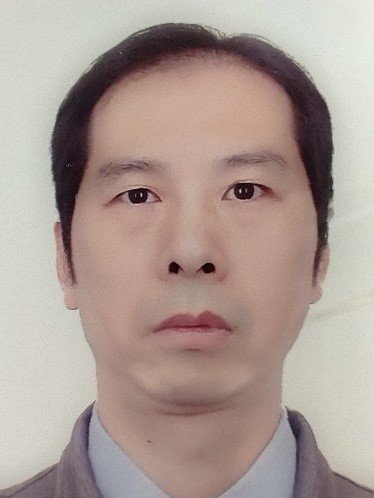
Xuewen Wang,
Research Scientist
Xuewen Wang received his Ph.D in Molecular Genetics from King’s College London, University of London, United Kingdom, and obtained his Master and bachelor degree from College of Life Science at Peking University, China. He then conducted postdoc research in University of Georgia. He worked as a leading scientist and leader of China Tobacco Gene Center for National Tobacco Genome Project, and a principle investigator in Chinese Academy of Science, and later worked at an adjunct position of University of Georgia and US Department of Agriculture for Genomics and Bioinformatics Research Service. He joins the center of human identification at UNTHSC in 2021.Dr. Wang’s research focuses on bioinformatics and genomics at large data scale with high performance computing facilities. He has rich experiences in next generation (2nd e.g. Illumina and 3rd, e.g. PacBio) sequencing (NGS) data analysis, especially for genome assembly, graph pan-genome, variants discovery, sequence comparison, population or single cell genomics, gene-trait associate, and integrated omics analysis of transcriptomes and metabolomes. He also developed many bioinformatic pipelines and several novel bioinformatic software, e.g. GMATA, to facilitate NGS data analysis and applied genomics. He published more than 50 high impact research articles at Nature Biotech and Nature Communications ect., and his articles were cited worldwide. He serves as an active reviewer and editor of more than 50 peer-reviewed academic journals. He is currently working on projects that apply state-of-art technologies in bioinformatics and genomics to develop novel software and technology, to advance the research and service in human DNA identification with high-throughput sequencing, and to solve challenging problems in forensic science.
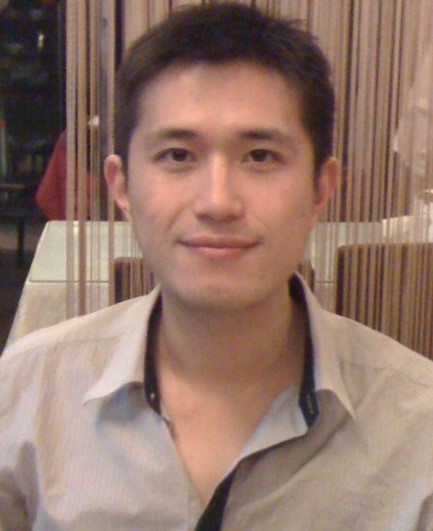
Meng Huang ,
Research Scientist
Meng Huang is a Quantitative Genetics Scientist with experience in the research fields of human genetics, animal breeding, and plant breeding. His research interests focus on the development of novel statistical analysis software, parallel computing, and big dataset analysis.
Melissa Muenzler,
Senior Research Associate
Amy Smuts,
Forensic Validation Coordinator
Jessica Broner,
Research Specialist
Bupe Kapema,
PhD Student
Elizabeth Kowalczyk,
Research Associate
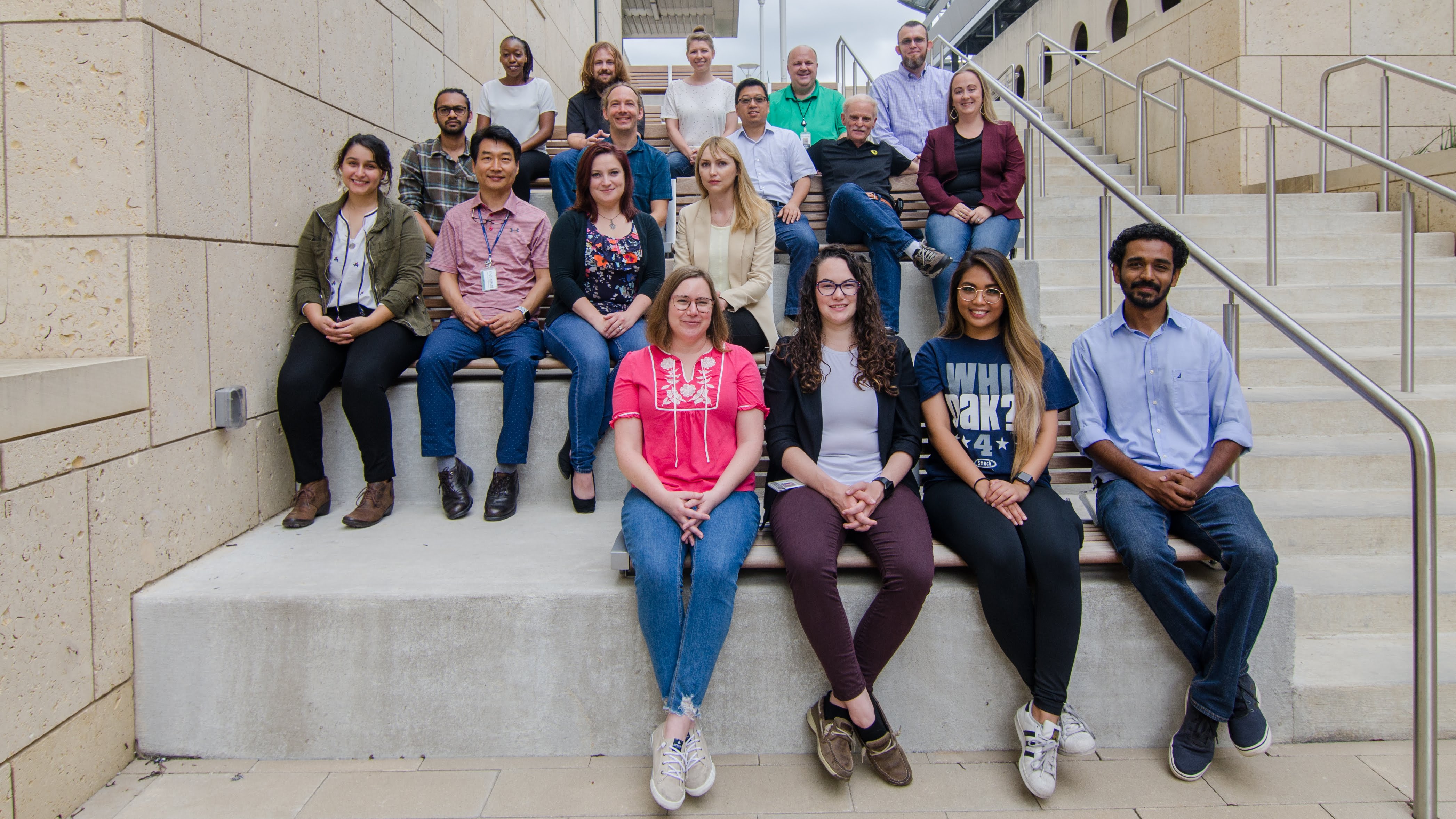
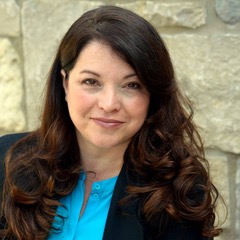
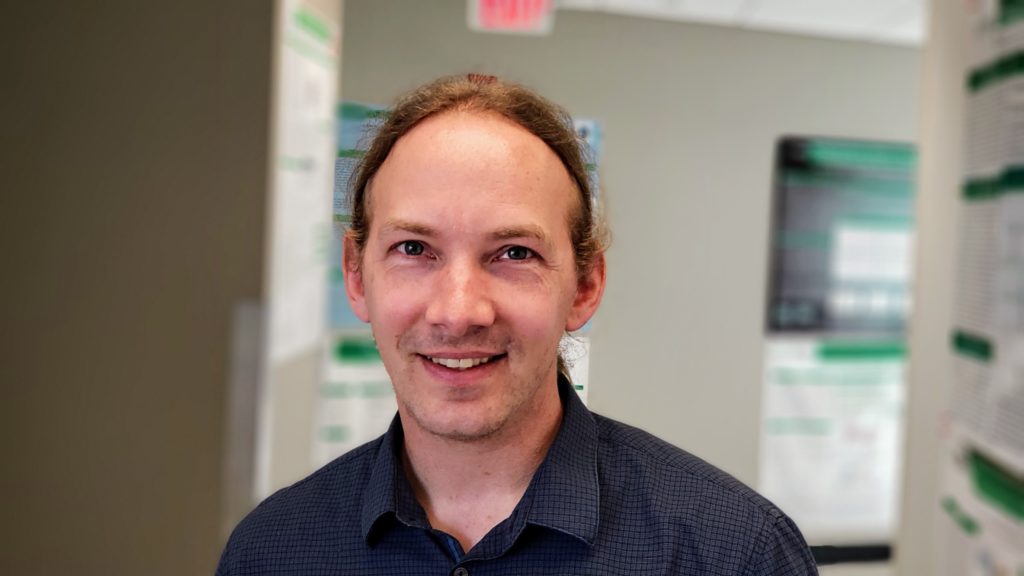
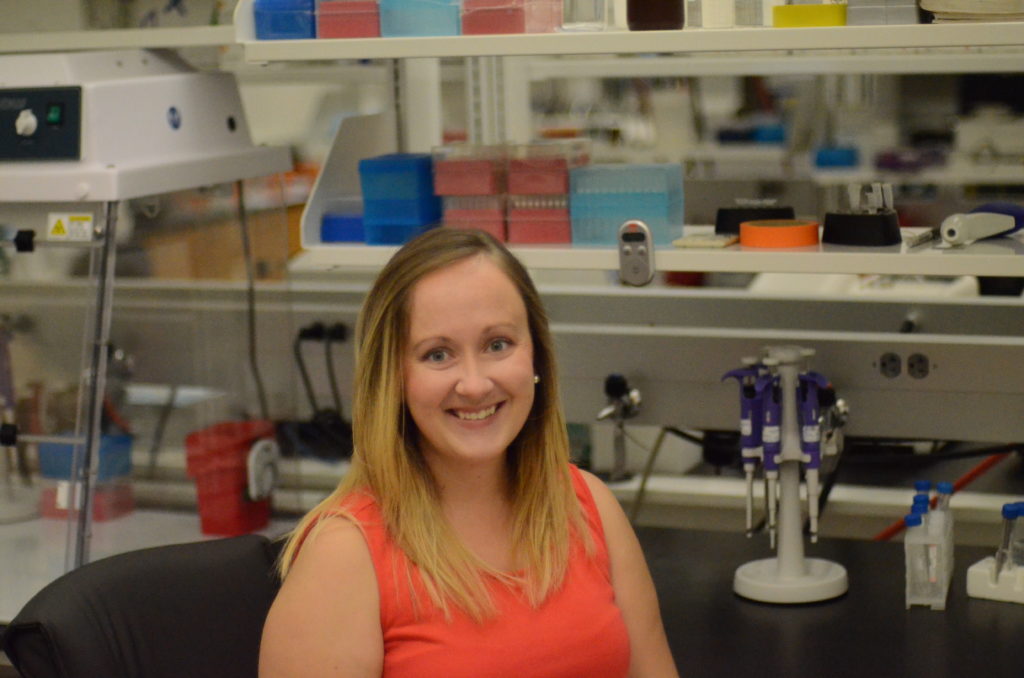
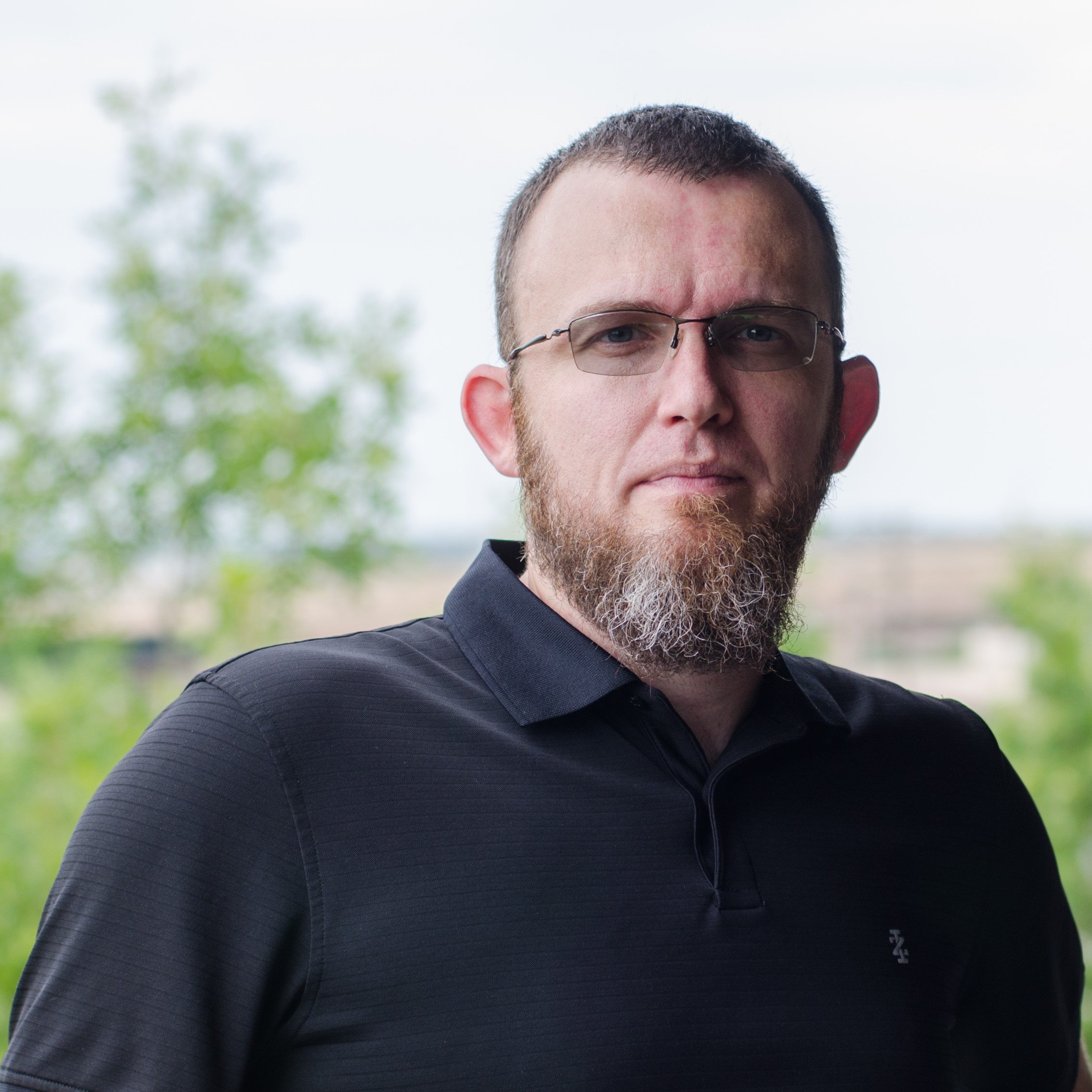
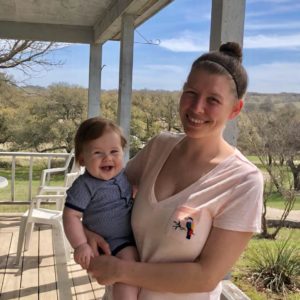

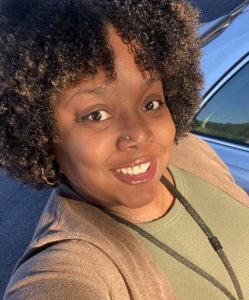
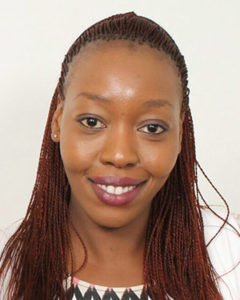
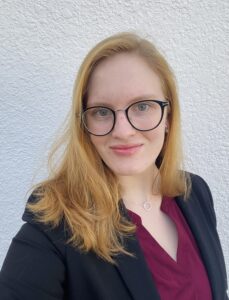

Social media